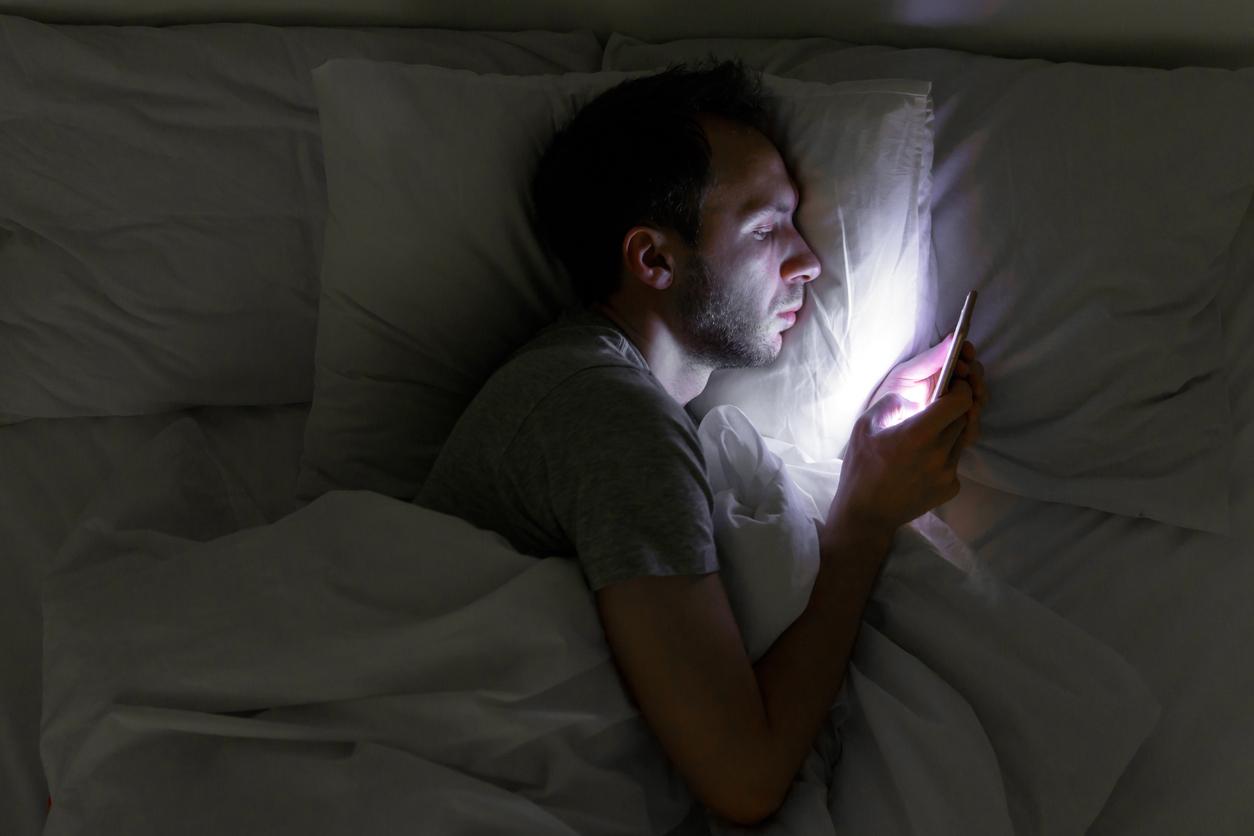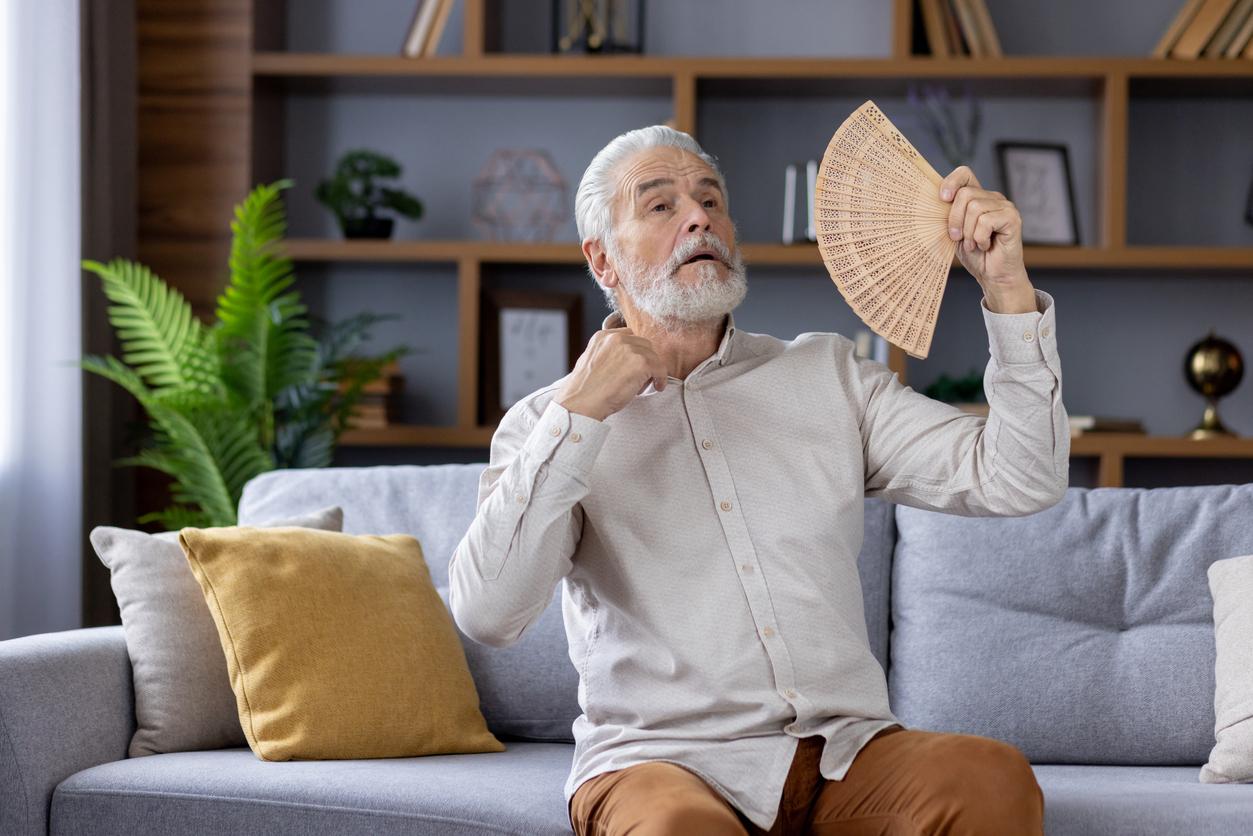June 17, 2008 – Exposure to light and taking melatonin supplements may improve mood and sleep in older people with dementia, in addition to slowing cognitive decline, Dutch study says1.
The results of the study, however, are modest. But, the effect on reducing cognitive decline would be comparable to that of a drug – an anticholinesterase drug – often given to people with dementia, the researchers say.
The clinical trial, which lasted an average of 15 months, was conducted among 189 residents of nursing homes, 87% of whom suffered from dementia.
During the study, subjects were exposed, during the day, to a light intensity of approximately 1000 lux (active treatment) or 300 lux (control group). Lights for active treatment were installed in the common room of the residences. Participants also received 2.5 mg of melatonin in the evening, or an identical placebo.
Subjects who took melatonin without being exposed to intense light exhibited withdrawal symptoms, the researchers report. This side effect did not occur in those who were also undergoing light therapy.
In the light therapy group, but not taking melatonin, positive effects on mood, sleep and reduced cognitive loss were noted. But the sleep benefits were greatest in the group who took melatonin supplements and who were also exposed to light.
According to the authors of the study, the light intensity should be increased in homes for people with senile dementia. Melatonin should not be used without light therapy treatment and a dosage of less than 2.5 mg per day may be more appropriate, they add.
Remember that light and melatonin have a regulatory action on the sleep cycle (circadian cycle). The authors believe that the benefits seen in the study subjects result from an improvement in the wake / sleep cycle that is usually disrupted in people with senile dementia.
Pierre Lefrançois – PasseportSanté.net
According to MedicalNews Today, BBC and NelM / NHS.
1. Riemersma-van der Lek RF, Swaab DF et al. Effect of bright light and melatonin on cognitive and noncognitive function in elderly residents of group care facilities: a randomized controlled trial. JAMA. 2008 Jun 11; 299 (22): 2642-55.

















